Differences and similarities between words
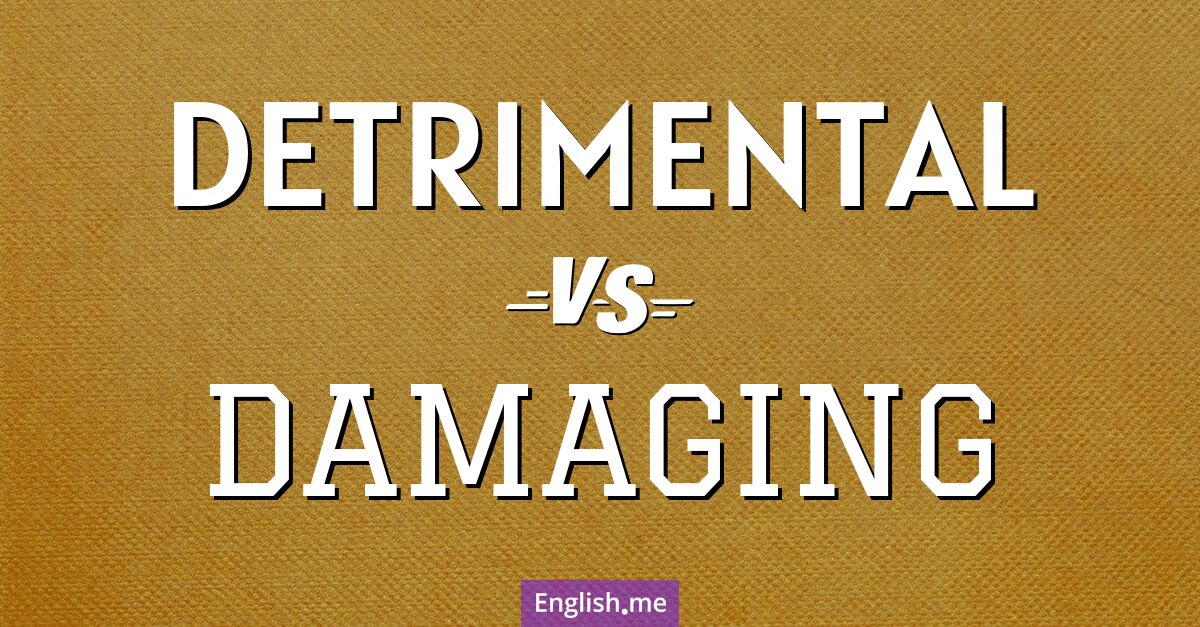
"Detrimental" vs. "damaging": exploring their nuanced impact
"Detrimental" often has a broader or more general connotation, implying ... Learn more →

"Coach" vs. "instructor": comparing roles in guidance and expertise
A coach often focuses on improving performance in sports or ... Learn more →
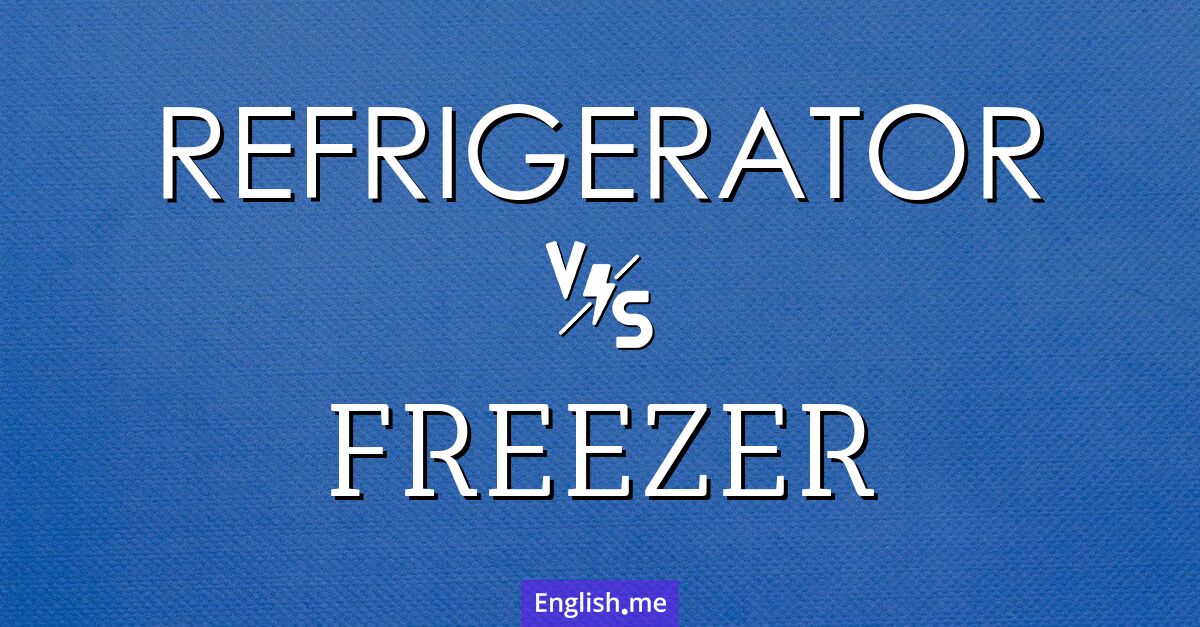
"Refrigerator" and "freezer": comparing the cool companions
A "refrigerator" maintains temperatures above freezing to keep food cool, ... Learn more →
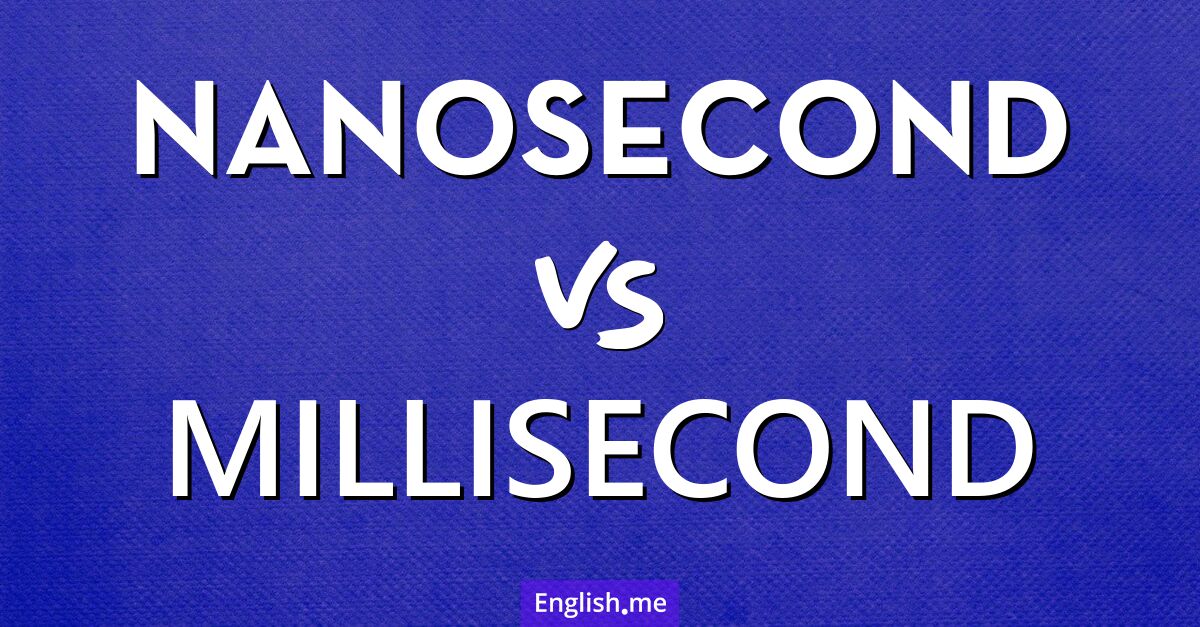
Blink of an eye: "nanosecond" vs "millisecond" in the world of seconds
A nanosecond is one billionth (1/1,000,000,000) of a second, while ... Learn more →

When words unwrap: "unfurl" vs. "unfold"!
The word "unfurl" is often used in the context of ... Learn more →
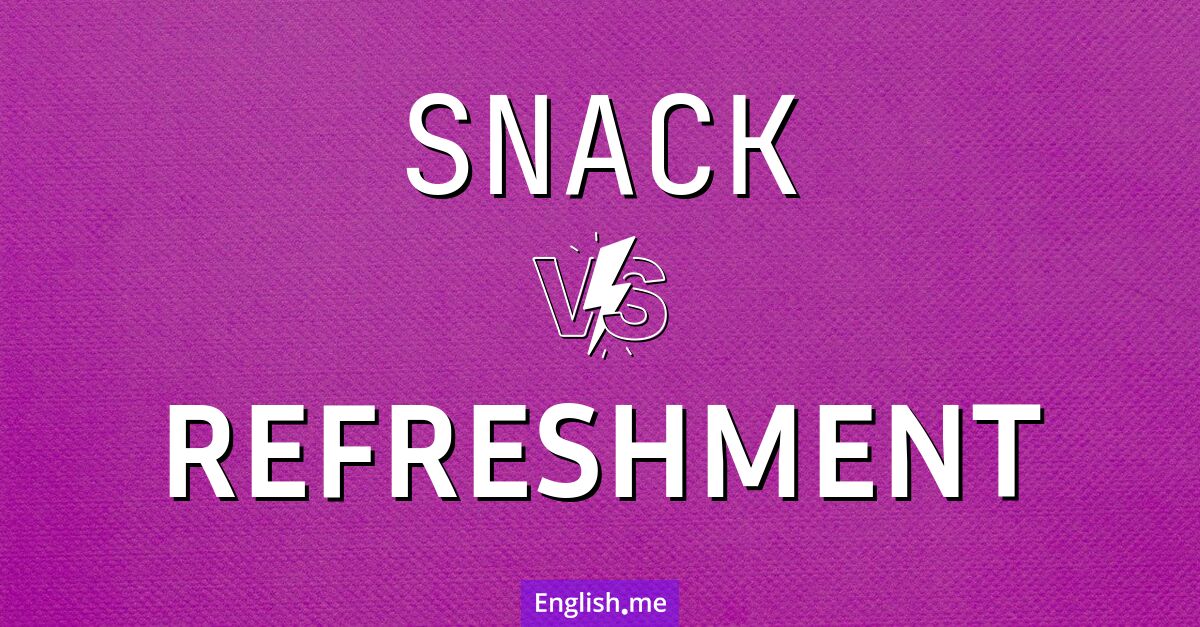
"Snack" vs. "refreshment": tasty language twists and turns
A "snack" specifically refers to a small portion of food, ... Learn more →
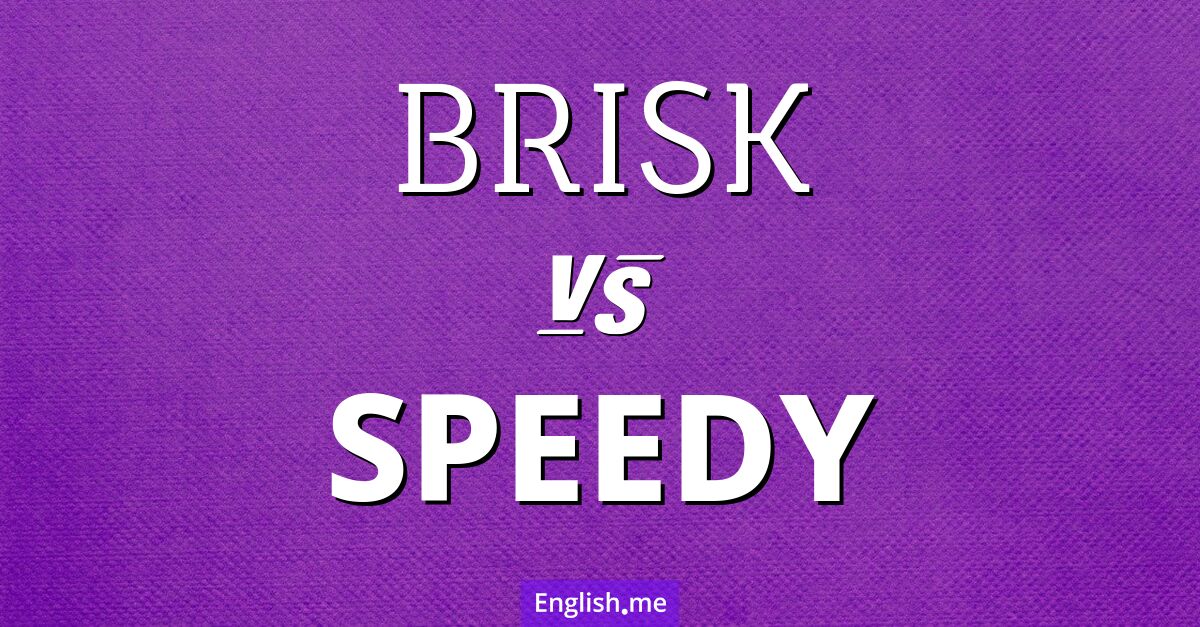
"Brisk" vs. "speedy": a linguistic sprint
"Brisk" often implies liveliness or energy, sometimes associated with a ... Learn more →
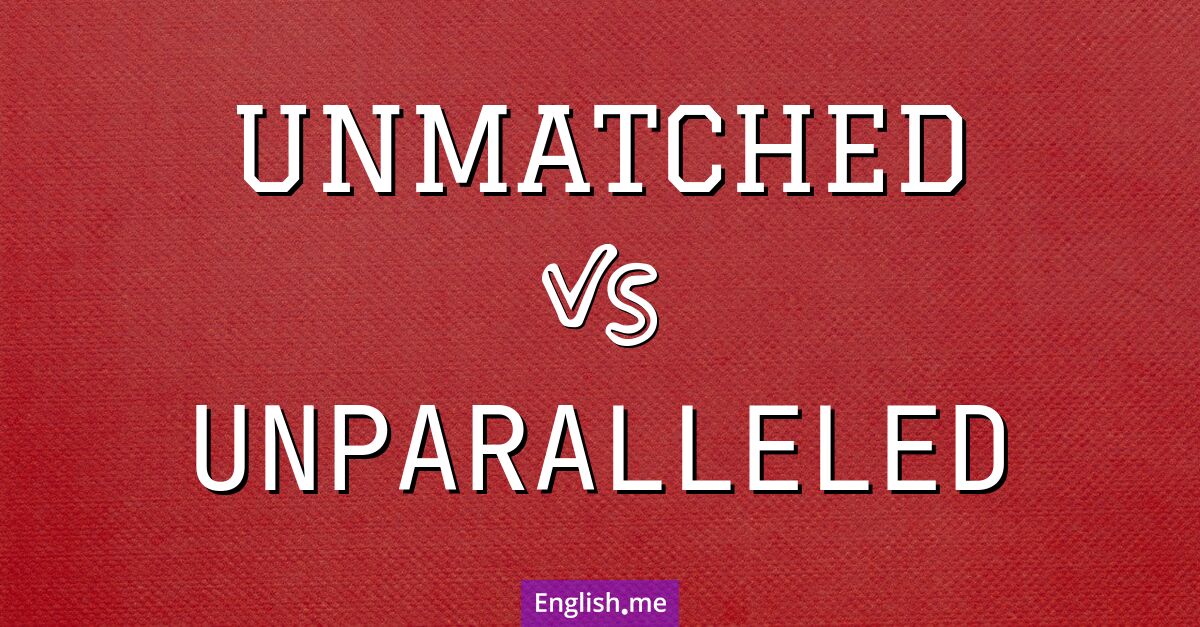
"Unmatched" vs. "unparalleled": distinct echoes of excellence
While both words suggest uniqueness, "unmatched" often implies that there ... Learn more →
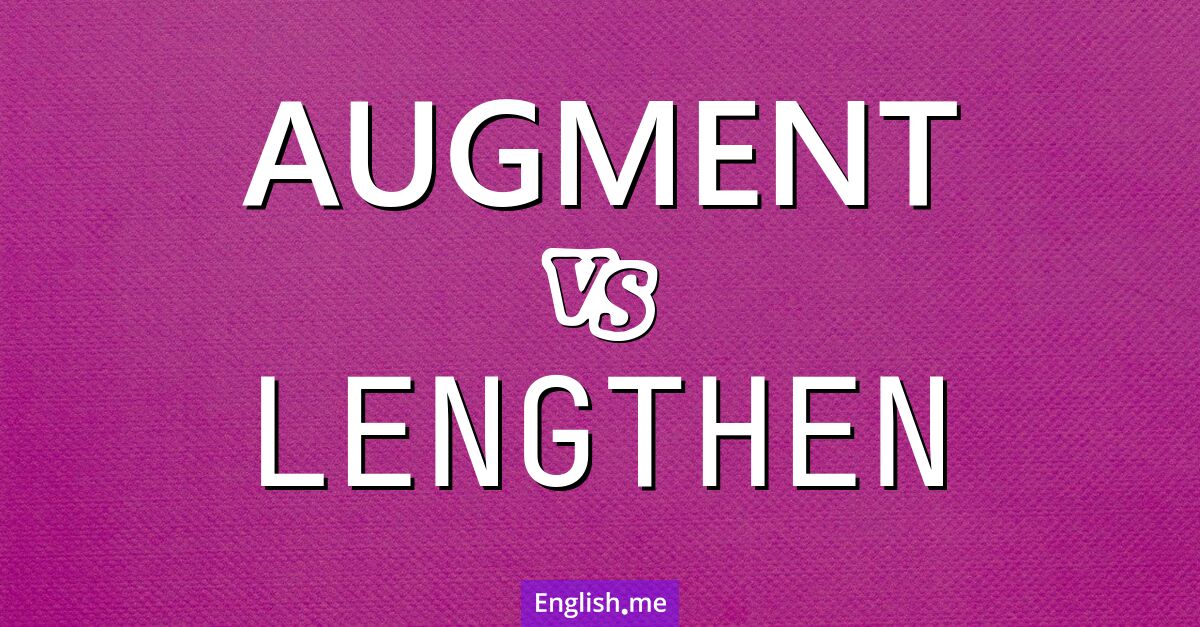
"Augment" vs. "lengthen": expanding beyond dimensions
Augment typically implies adding or increasing something in quantity, size, ... Learn more →

From bulk to boutique: "wholesaler" vs. "retailer"
Wholesalers sell products in large quantities, typically to retailers or ... Learn more →

 English
English español
español française
française italiano
italiano deutsche
deutsche 日本語
日本語 polski
polski česky
česky svenska
svenska Türkçe
Türkçe Nederlands
Nederlands